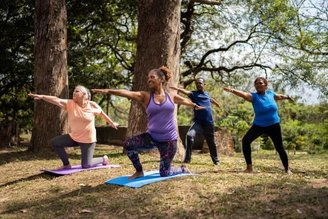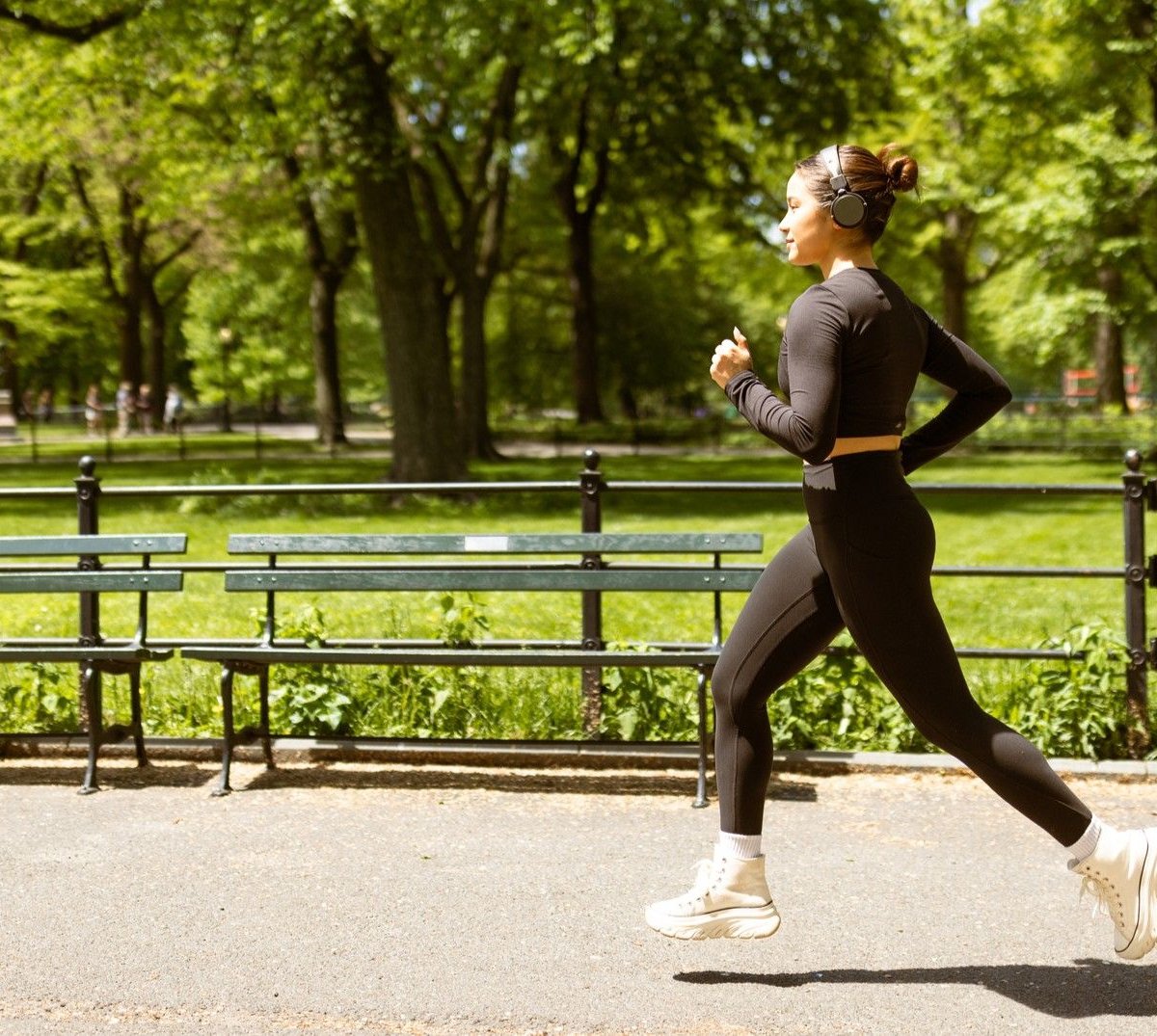This text was written by a TecMundo columnist; Learn more at the end.
The search for instant results in different areas of life brings with it consequences such as anxiety and low tolerance for effort. In this constant search, some possibilities attract our attention, such as the best time of day to exercise and obtaining some benefits from exercise faster. After all, what better time of day to exercise?
We have an internal 24-hour biological clock called the circadian rhythm, which responds to changes in light and regulates sleep or arousal (wake) cycles. The pacemaker of the cycles we experience between day and night is managed by the suprachiasmatic nucleus, a small brain structure located in the hypothalamus. Our body’s biological rhythms may produce different responses during physical exercise, but are these responses meaningful?
Based on three systematic review studies with meta-analysis, the type of study considered the gold standard for investigating a problem in science, we will understand the impact of time/period of day on responses such as muscle strength and hypertrophy. , health and performance, and metabolic responses.
Muscle strength and hypertrophy
In comparisons between people who trained from 7 a.m. to 9 a.m. and those who trained around 5 and 6 p.m., the increase in muscle size (hypertrophy) was similar. The same result was found for strength: increases occur regardless of the time of day or period of training. Strength and muscle mass can be increased by training in the morning, afternoon or evening.
Health and performance
When health parameters such as fat percentage, cardiovascular and cardiometabolic health were examined according to time of day, no difference was found between exercises performed during the day and at night. No differences were seen in terms of exercise performance, such as maximum oxygen consumption.
In this case, there is some evidence that performance changes favorably when testing and training timing overlap; Since morning training improves morning performance more than evening training, evening training also improves evening performance more than morning training. This may be true for high-performance athletes where testing may coincide with a training period.
“Evidence from studies investigating whether the time of training during the day affects the degree of improvement in physical performance or health outcomes points to a simple “train as much as possible.”
metabolic responses
The most recent research on the subject was produced by British researchers who analyzed studies examining the effect of time of day on metabolic, glycemic and insulin responses to exercise in adults. Morning exercise was compared with afternoon exercise (8 studies) or evening exercise (4 studies). The time of day when exercise was performed had no clear effect on metabolic responses.
The study authors state that “we should continue to recommend exercise at any time of day.” This is important for people with type 1 or type 2 diabetes, where the focus should be on exercising at a time that suits the person, as exercise improves metabolic health.
A while ago, a study that exploded in the media was published and summarized its results as “morning exercises reduce belly fat…”. Maybe that sentence alone was enough to establish the news with the possible “best time of day”.
But such results are sensational and cannot be repeated due to the low quality with which the study was conducted. But because it was an exaggerated news story, the article gained buzz and attention on the internet, represented by more than 190 news sites that published the results.
On the other hand, little attention was paid to the review study, which had higher evidence strength but did not show the best time of day to exercise. This run had only 1/3 of the online attention of the first one.
The best time of day for everyone
Considering that for those of us who are not athletes, we are aware that we cannot make a living from physical exercise, but that it can have a place in our lives, accessibility and choice should be primary factors. Basically, when we can and want to exercise comes down to the heart of the matter.

most of us You don’t even have the option to choose your training program.. An effective approach for those who believe they don’t have time to exercise is to make the activity interesting enough that they want to do it and, as a result, find the time. One expert says we create a time barrier to not exercise while choosing more interesting things to do.
The best time of day to exercise probably exists, but since science does not show a better time for health or performance, everyone has their own time. The best time to exercise is when you want to do it.
***
Fábio Dominski He holds a PhD in Human Movement Sciences and a degree in Physical Education from Santa Catarina State University (UDESC). He is a university professor and researcher at the Laboratory of Sport and Exercise Psychology (LAPE/UDESC). he does scientific dissemination on social media and in podcast available on Spotify. Author of Physical Exercise and Science – Facts and Myths.
Source: Tec Mundo
I’m Blaine Morgan, an experienced journalist and writer with over 8 years of experience in the tech industry. My expertise lies in writing about technology news and trends, covering everything from cutting-edge gadgets to emerging software developments. I’ve written for several leading publications including Gadget Onus where I am an author.












